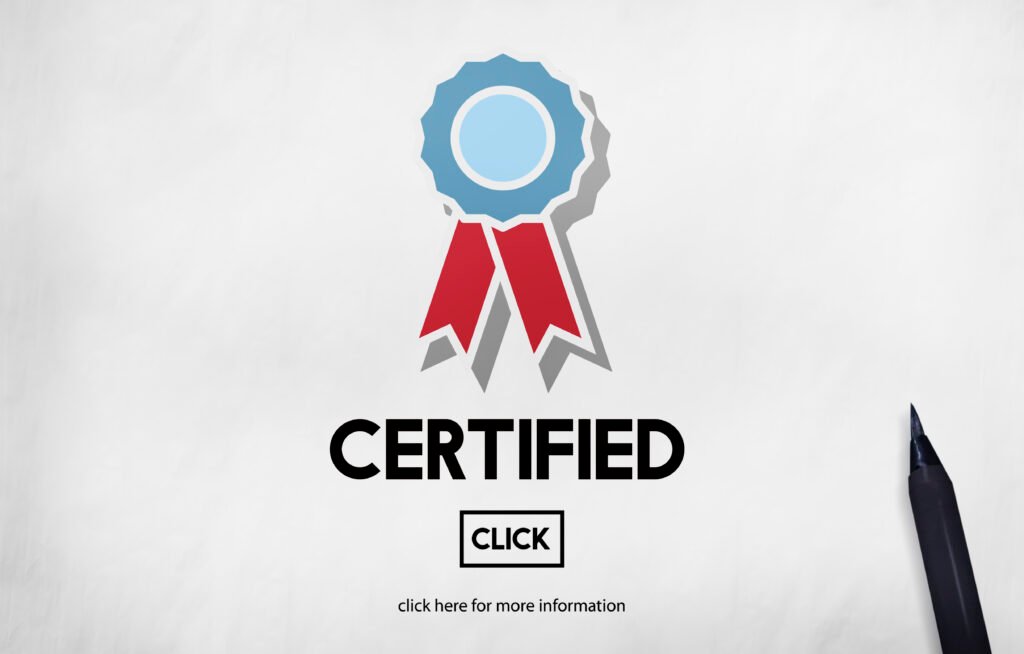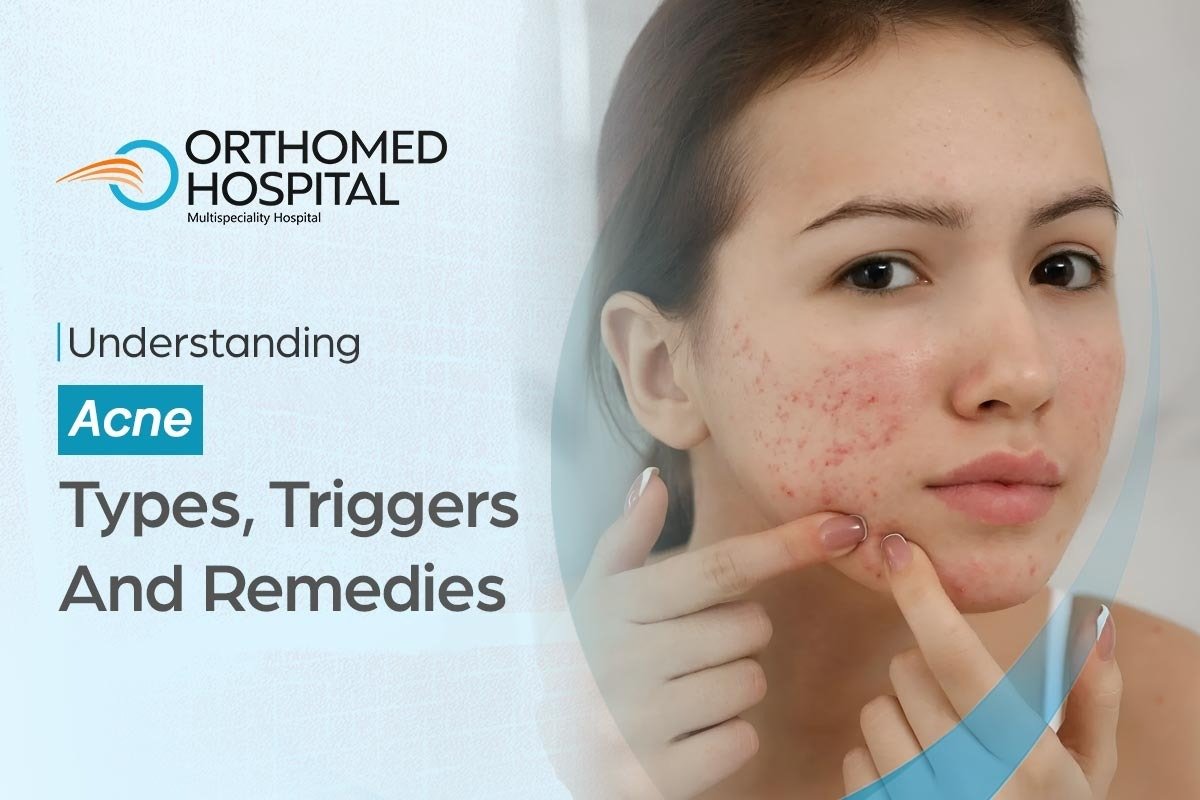
- Home
- About
- Services
- Specialists
- Research
- Achivements
- gallery
- contact








- Home
- About Us
- Orthopedics
- Know Your Alignment
- Sports Medicine
- Knee
- Arthroscopic ACI Cartilage Transplant
- Arthroscopic ACL Avulsion Fixation
- Arthroscopic ACL Primary Repair
- Arthroscopic ACL Reconstruction – All Inside Technique
- Arthroscopic ACL Rehab
- Arthroscopic ACL Revision Surgery
- Arthroscopic ACL Single Bundle Reconstruction
- Arthroscopic assisted MPFL Reconstruction
- Arthroscopic assisted Multiple Ligament Tear – SURGERY
- Arthroscopic Medial Meniscal Repair
- Arthroscopic OATS Chondroplasty
- Arthroscopic OCD Fixation
- Arthroscopic Paediatric ACL Reconstruction
- Arthroscopic PCL Avulsion Fixation
- Arthroscopic PCL Reconstruction
- Arthroscopy Assisted STEM Cell Cartilage Transplant
- PCL Rehabilitation
- Total Knee Replacement
- Shoulder
- Arthroscopic Rotator Cuff Repair
- Arthroscopic Bankart Repair
- Arthroscopy Assisted Latarjet Surgery
- AC Joint Fixation
- Arthroscopic Capsular Release
- Arthroscopic Sub – Acromial Decompression (SAD)
- Arthroscopic Calcific Tendinitis Excision
- Arthroscopic Biceps Tenodesis
- Arthroscopic SLAP Repair
- Arthroscopic Revision Cuff Repair
- Arthroscopic Revision Bankart Repair
- Shoulder Rehab
- Elbow
- Wrist
- Hip
- Ankle
- Our Specialities
- Podiatric / Diabetic Foot Clinic
- General Surgery & Gastroenterology
- Obstetrics & Gynaecology
- Internal Medicine & Diabetology
- ENT
- Plastic & Cosmetic Surgery
- Paediatrics
- Pulmonology
- Nephrology & Urology
- Psychiatry
- Rheumatology
- Vascular Surgery
- Anaesthesiology & Intensive Care Unit
- Dermatology
- Oncology
- Radiology
- Sonology
- Endocrinology
- Cardiology
- Neurology
- Oral and Maxillofacial Surgery
- Our Services
- Resource
- Enquiry
- Home
- About Us
- Orthopedics
- Know Your Alignment
- Sports Medicine
- Knee
- Arthroscopic ACI Cartilage Transplant
- Arthroscopic ACL Avulsion Fixation
- Arthroscopic ACL Primary Repair
- Arthroscopic ACL Reconstruction – All Inside Technique
- Arthroscopic ACL Rehab
- Arthroscopic ACL Revision Surgery
- Arthroscopic ACL Single Bundle Reconstruction
- Arthroscopic assisted MPFL Reconstruction
- Arthroscopic assisted Multiple Ligament Tear – SURGERY
- Arthroscopic Medial Meniscal Repair
- Arthroscopic OATS Chondroplasty
- Arthroscopic OCD Fixation
- Arthroscopic Paediatric ACL Reconstruction
- Arthroscopic PCL Avulsion Fixation
- Arthroscopic PCL Reconstruction
- Arthroscopy Assisted STEM Cell Cartilage Transplant
- PCL Rehabilitation
- Total Knee Replacement
- Shoulder
- Arthroscopic Rotator Cuff Repair
- Arthroscopic Bankart Repair
- Arthroscopy Assisted Latarjet Surgery
- AC Joint Fixation
- Arthroscopic Capsular Release
- Arthroscopic Sub – Acromial Decompression (SAD)
- Arthroscopic Calcific Tendinitis Excision
- Arthroscopic Biceps Tenodesis
- Arthroscopic SLAP Repair
- Arthroscopic Revision Cuff Repair
- Arthroscopic Revision Bankart Repair
- Shoulder Rehab
- Elbow
- Wrist
- Hip
- Ankle
- Our Specialities
- Podiatric / Diabetic Foot Clinic
- General Surgery & Gastroenterology
- Obstetrics & Gynaecology
- Internal Medicine & Diabetology
- ENT
- Plastic & Cosmetic Surgery
- Paediatrics
- Pulmonology
- Nephrology & Urology
- Psychiatry
- Rheumatology
- Vascular Surgery
- Anaesthesiology & Intensive Care Unit
- Dermatology
- Oncology
- Radiology
- Sonology
- Endocrinology
- Cardiology
- Neurology
- Oral and Maxillofacial Surgery
- Our Services
- Resource
- Enquiry


- Home
- About Us
- Orthopedics
- Know Your Alignment
- Sports Medicine
- Knee
- Arthroscopic ACI Cartilage Transplant
- Arthroscopic ACL Avulsion Fixation
- Arthroscopic ACL Primary Repair
- Arthroscopic ACL Reconstruction – All Inside Technique
- Arthroscopic ACL Rehab
- Arthroscopic ACL Revision Surgery
- Arthroscopic ACL Single Bundle Reconstruction
- Arthroscopic assisted MPFL Reconstruction
- Arthroscopic assisted Multiple Ligament Tear – SURGERY
- Arthroscopic Medial Meniscal Repair
- Arthroscopic OATS Chondroplasty
- Arthroscopic OCD Fixation
- Arthroscopic Paediatric ACL Reconstruction
- Arthroscopic PCL Avulsion Fixation
- Arthroscopic PCL Reconstruction
- Arthroscopy Assisted STEM Cell Cartilage Transplant
- PCL Rehabilitation
- Total Knee Replacement
- Shoulder
- Arthroscopic Rotator Cuff Repair
- Arthroscopic Bankart Repair
- Arthroscopy Assisted Latarjet Surgery
- AC Joint Fixation
- Arthroscopic Capsular Release
- Arthroscopic Sub – Acromial Decompression (SAD)
- Arthroscopic Calcific Tendinitis Excision
- Arthroscopic Biceps Tenodesis
- Arthroscopic SLAP Repair
- Arthroscopic Revision Cuff Repair
- Arthroscopic Revision Bankart Repair
- Shoulder Rehab
- Elbow
- Wrist
- Hip
- Ankle
- Our Specialities
- Podiatric / Diabetic Foot Clinic
- General Surgery & Gastroenterology
- Obstetrics & Gynaecology
- Internal Medicine & Diabetology
- ENT
- Plastic & Cosmetic Surgery
- Paediatrics
- Pulmonology
- Nephrology & Urology
- Psychiatry
- Rheumatology
- Vascular Surgery
- Anaesthesiology & Intensive Care Unit
- Dermatology
- Oncology
- Radiology
- Sonology
- Endocrinology
- Cardiology
- Neurology
- Oral and Maxillofacial Surgery
- Our Services
- Resource
- Enquiry
- Home
- About Us
- Orthopedics
- Know Your Alignment
- Sports Medicine
- Knee
- Arthroscopic ACI Cartilage Transplant
- Arthroscopic ACL Avulsion Fixation
- Arthroscopic ACL Primary Repair
- Arthroscopic ACL Reconstruction – All Inside Technique
- Arthroscopic ACL Rehab
- Arthroscopic ACL Revision Surgery
- Arthroscopic ACL Single Bundle Reconstruction
- Arthroscopic assisted MPFL Reconstruction
- Arthroscopic assisted Multiple Ligament Tear – SURGERY
- Arthroscopic Medial Meniscal Repair
- Arthroscopic OATS Chondroplasty
- Arthroscopic OCD Fixation
- Arthroscopic Paediatric ACL Reconstruction
- Arthroscopic PCL Avulsion Fixation
- Arthroscopic PCL Reconstruction
- Arthroscopy Assisted STEM Cell Cartilage Transplant
- PCL Rehabilitation
- Total Knee Replacement
- Shoulder
- Arthroscopic Rotator Cuff Repair
- Arthroscopic Bankart Repair
- Arthroscopy Assisted Latarjet Surgery
- AC Joint Fixation
- Arthroscopic Capsular Release
- Arthroscopic Sub – Acromial Decompression (SAD)
- Arthroscopic Calcific Tendinitis Excision
- Arthroscopic Biceps Tenodesis
- Arthroscopic SLAP Repair
- Arthroscopic Revision Cuff Repair
- Arthroscopic Revision Bankart Repair
- Shoulder Rehab
- Elbow
- Wrist
- Hip
- Ankle
- Our Specialities
- Podiatric / Diabetic Foot Clinic
- General Surgery & Gastroenterology
- Obstetrics & Gynaecology
- Internal Medicine & Diabetology
- ENT
- Plastic & Cosmetic Surgery
- Paediatrics
- Pulmonology
- Nephrology & Urology
- Psychiatry
- Rheumatology
- Vascular Surgery
- Anaesthesiology & Intensive Care Unit
- Dermatology
- Oncology
- Radiology
- Sonology
- Endocrinology
- Cardiology
- Neurology
- Oral and Maxillofacial Surgery
- Our Services
- Resource
- Enquiry



- Home
- About Us
- Orthopedics
- Know Your Alignment
- Sports Medicine
- Knee
- Arthroscopic ACI Cartilage Transplant
- Arthroscopic ACL Avulsion Fixation
- Arthroscopic ACL Primary Repair
- Arthroscopic ACL Reconstruction – All Inside Technique
- Arthroscopic ACL Rehab
- Arthroscopic ACL Revision Surgery
- Arthroscopic ACL Single Bundle Reconstruction
- Arthroscopic assisted MPFL Reconstruction
- Arthroscopic assisted Multiple Ligament Tear – SURGERY
- Arthroscopic Medial Meniscal Repair
- Arthroscopic OATS Chondroplasty
- Arthroscopic OCD Fixation
- Arthroscopic Paediatric ACL Reconstruction
- Arthroscopic PCL Avulsion Fixation
- Arthroscopic PCL Reconstruction
- Arthroscopy Assisted STEM Cell Cartilage Transplant
- PCL Rehabilitation
- Total Knee Replacement
- Shoulder
- Arthroscopic Rotator Cuff Repair
- Arthroscopic Bankart Repair
- Arthroscopy Assisted Latarjet Surgery
- AC Joint Fixation
- Arthroscopic Capsular Release
- Arthroscopic Sub – Acromial Decompression (SAD)
- Arthroscopic Calcific Tendinitis Excision
- Arthroscopic Biceps Tenodesis
- Arthroscopic SLAP Repair
- Arthroscopic Revision Cuff Repair
- Arthroscopic Revision Bankart Repair
- Shoulder Rehab
- Elbow
- Wrist
- Hip
- Ankle
- Our Specialities
- Podiatric / Diabetic Foot Clinic
- General Surgery & Gastroenterology
- Obstetrics & Gynaecology
- Internal Medicine & Diabetology
- ENT
- Plastic & Cosmetic Surgery
- Paediatrics
- Pulmonology
- Nephrology & Urology
- Psychiatry
- Rheumatology
- Vascular Surgery
- Anaesthesiology & Intensive Care Unit
- Dermatology
- Oncology
- Radiology
- Sonology
- Endocrinology
- Cardiology
- Neurology
- Oral and Maxillofacial Surgery
- Our Services
- Resource
- Enquiry

Understanding Acne Types, Triggers, and Remedies.
Acne is one of the most common skin concerns affecting millions of people worldwide. While it is often associated with teenagers, Acne can persist well into adulthood, causing distress and impacting an individual’s self-confidence. Understanding its types, triggers, and effective remedies can help in achieving healthier skin. If you are struggling with persistent, consult the best skincare hospital or a dermatologist in Chennai who can provide personalized acne treatment options.
Types of Acne
Acne appears in various forms ranging from mild to severe here are the most common types.
Blackheads and Whiteheads (Comedonal Acne)
These are non-inflammatory types of acne lesions caused by clogged pores. Whiteheads are closed comedones and blackheads are open and oxidised ones with a dark appearance.
Papule and Pustules
Papules are small, red, inflated bumps without pus, while pustules contain pus and appear with white and yellow-tipped lesions. These can be often painful and are often caused by bacterial infection.
Nodules and Cysts
These deep, painful types of acne will form under your skin and can lead to scarring. Cystic acne, in particular, is the most severe form and requires professional treatment from a dermatologist in Chennai to prevent long-term skin damage.
Common triggers of Acne
Several factors contribute to acne breakout and identifying the triggers can help in prevention.
Hormonal Imbalance
Hormonal fluctuations during puberty, menstruation, pregnancy, and conditions like PCOS can lead to excess oil production and can lead to breakout.
Poor skincare routine
Using comedogenic skincare products, neglecting face cleansing, or over-exfoliating can exacerbate acne. Choosing the right skincare products for your skin type is crucial.
Diet and Lifestyle Factors
High-glycemic foods (sugary and processed foods) and dairy products may trigger breakouts in some individuals. Lack of sleep, stress, and dehydration can also contribute to breakouts.
Bacterial and Fungal infections
Bacteria such as Propionibacterium acnes and yeast overgrowth can lead to inflammatory acne. Using unclean makeup brushes, towels and phones can transfer bacteria to your skin.
Bacterial and Fungal infections
Bacteria such as Propionibacterium acnes and yeast overgrowth can lead to inflammatory acne. Using unclean makeup brushes, towels and phones can transfer bacteria to your skin.
Effective Acne remedies
Fortunately, there are some remedies and regimes that can help you fight break-outs for healthier skin.
Proper Skincare
A well-structured skincare can help to manage and reduce acne problems. These steps are more than enough to protect your skin.
Cleansing:
Use a sulfate-free, gentle cleanser twice a day to remove dirt and excess oil.
Exfoliation:
Use gentle chemical exfoliants like salicylic acid to unclog pores.
Moisturizer:
Hydrate your with light-weight, Non-comedogenicmoisturizer.
Sun Protection:
Use a broad-spectrum sunscreen to prevent from acne scaring from darkening.
Over The Counter (OTC) Treatments
OTC treatments with ingredients such as benzoyl peroxide, salicylic acid, and retinoids help control acne. These products target different aspects of acne such as clogged pores, inflammation, and promoting skin cell turnover.
Prescription medications
For moderate to severe acne problems a dermatologist in Chennai would prescribe medication such as:
- Topical Retinoids: Helps in unclogging pores and reduce acne formation.
- Oral Antibiotics: Reduce bacterial infection and inflammation
- Hormonal Therapies: Birth control pills or anti-androgen medications are suggested for acne medications
- Isotretinoin: A potent treatment for severe cystic acne that requires medical supervision.
Advanced dermatological treatment
The best skin care hospital would suggest acne control treatments such as
- Chemical peels: Exfoliate the skin and improve acne scars.
- Laser therapy: Targets bacteria and inflammation to reduce breakouts.
- Microneedling: Stimulates collagen production, reducing acne scars over time.
Advanced dermatological treatment
The best skin care hospital would suggest acne control treatments such as
- Chemical peels: Exfoliate the skin and improve acne scars.
- Laser therapy: Targets bacteria and inflammation to reduce breakouts.
- Microneedling: Stimulates collagen production, reducing acne scars over time.
Final Thoughts
Acne is a common yet manageable skin condition. By understanding its types, triggers, and remedies, you can take proactive steps toward clearer skin. Implementing the right skincare routine, making lifestyle changes, and consulting experts when needed can make a significant difference. If you’re struggling with acne, don’t hesitate to reach out to a dermatologist in Chennai or visit the best skin care hospital for professional care.

Comments are closed